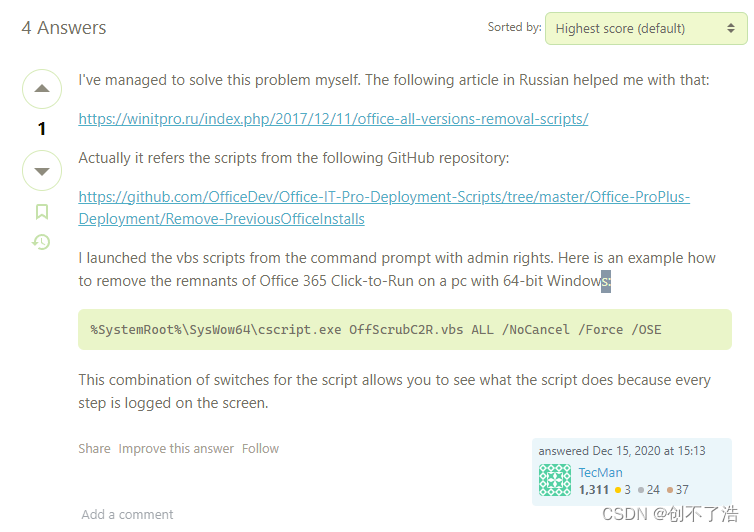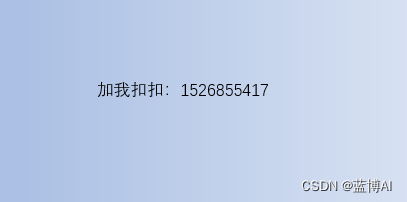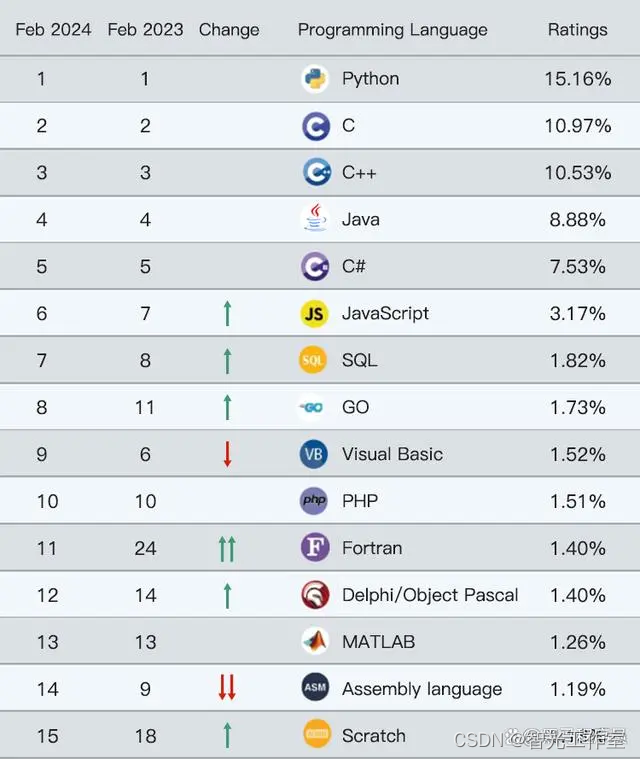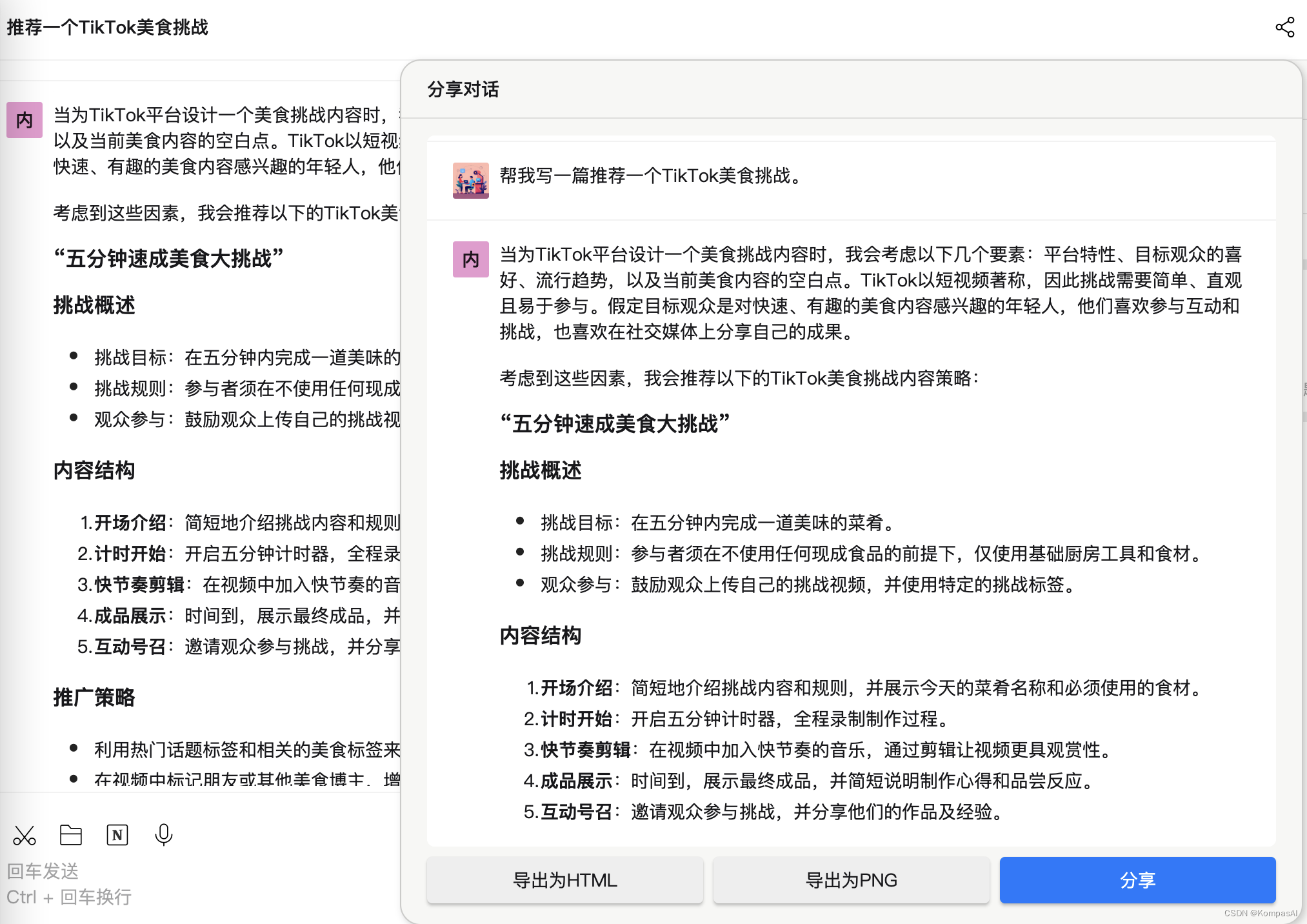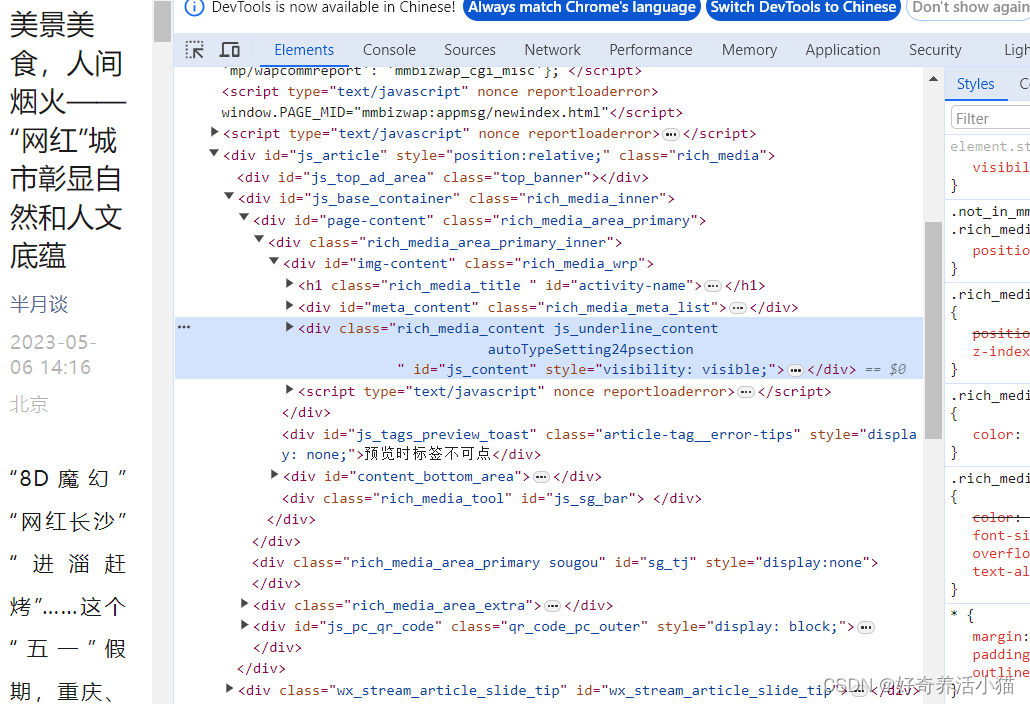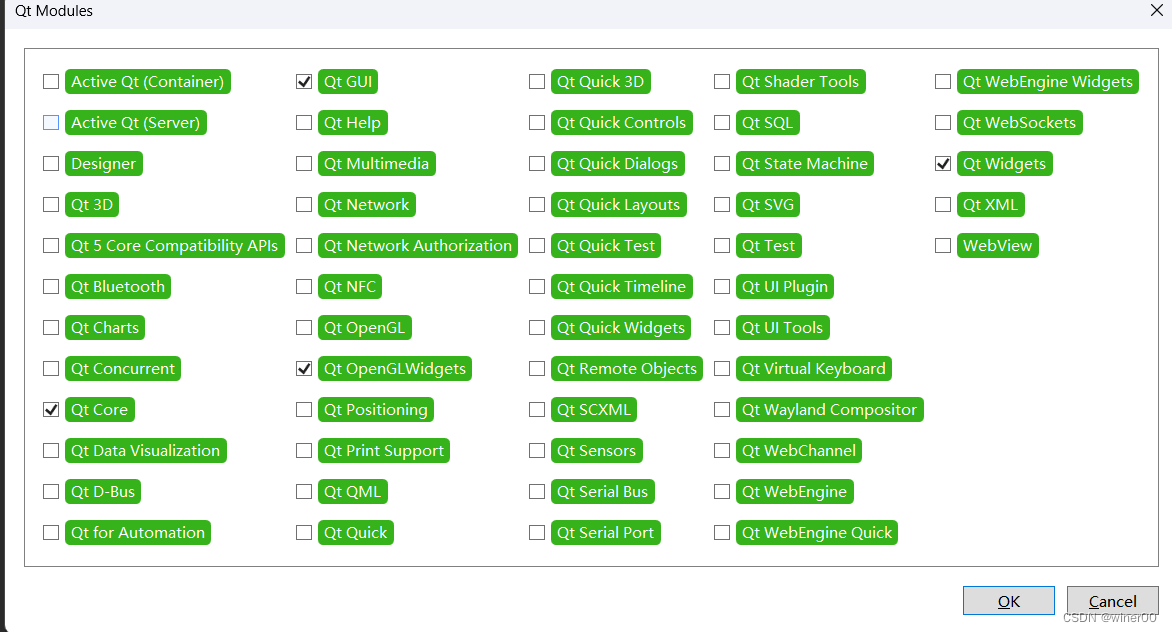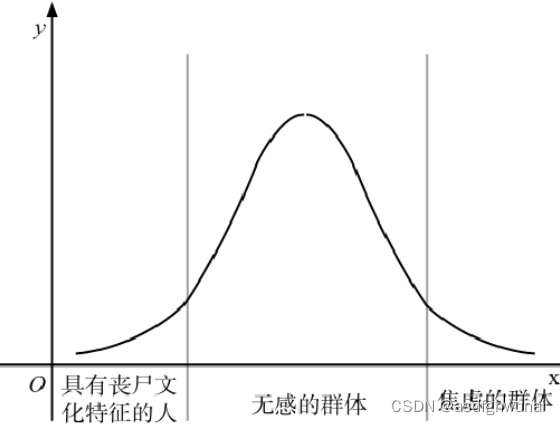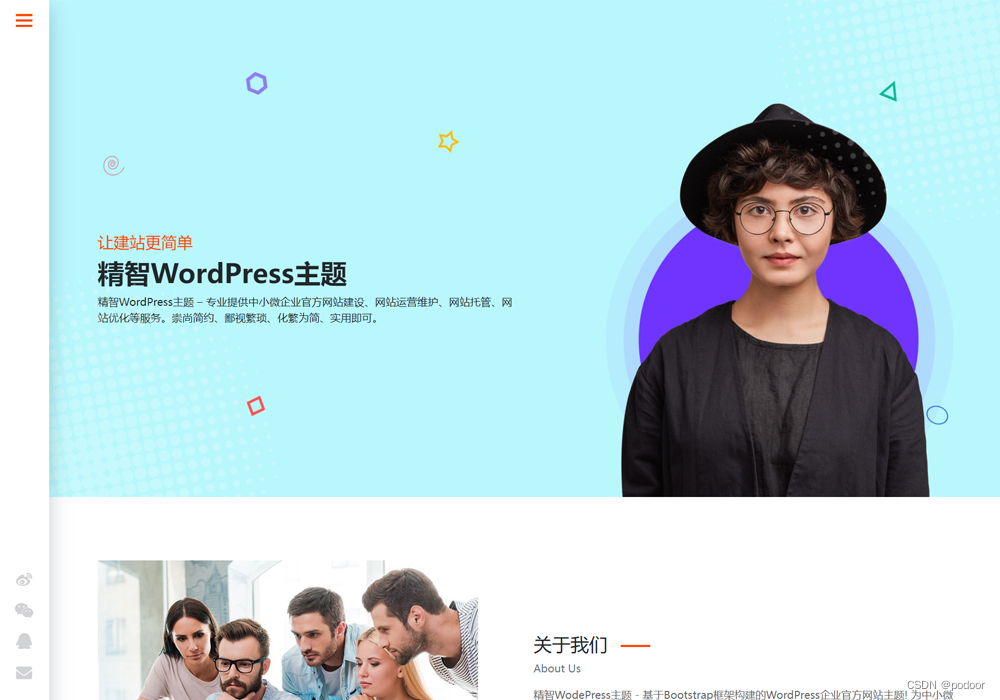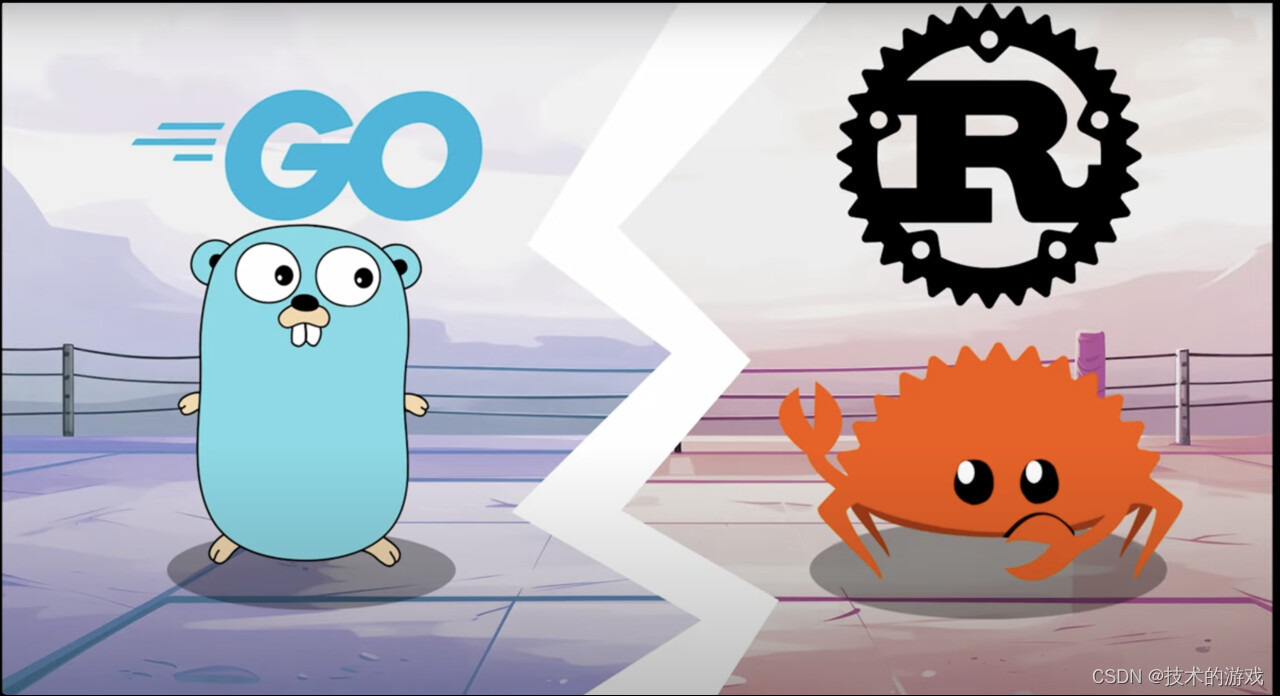- 单例模式
ES5
function Duck1(name:string){
this.name=name
this.instance=null
}
Duck1.prototype.getName=function(){
console.log(this.name)
}
Duck1.getInstance=function(name:string){
if(!this.instance){
this.instance= new Duck1(name)
}
}
const a=Duck1.getInstance('a')
const b=Duck1.getInstance('b')
console.log(a===b) // true
ES6
class Duck{
name="xxx"
static instance:any=null
action(){
console.log('123')
}
static getInstance(){
if(!this.instance){
this.instance=new Duck()
}
return this.instance
}
}
const obj1=Duck.getInstance()
const obj2=Duck.getInstance()
console.log(obj1===obj2) // true
- 工厂模式
class Duck{
name="xxx"
constructor(name:string){
this.name=name
}
}
function factory(name:string){
return new Duck(name)
}
const a=factory('x')
const b=factory('s')
- 策略模式
代码里有多个if的情况时,做成策略模式,好处:
策略模式利用组合,委托等技术和思想,有效的避免很多if条件语句
策略模式提供了开放-封闭原则,使代码更容易理解和扩展
策略模式中的代码可以复用
策略模式优化的例子
` - 代理模式
class Duck{
name="xxx"
constructor(name:string){
this.name=name
}
getName(){
console.log('name: ',this.name)
}
setName(newValue:string){
this.name=newValue
}
}
const tp=new Duck('a')
const obj = new Proxy(tp,{
set:function(target,property,value){
return Reflect.set(target,property,'new:'+value)
},
get(target,property){
if(property==='getName'){
return function(value:String){
Reflect.get(target,property,'new:'+value)
}
}
return Reflect.get(target,property)
}
})
console.log(obj.name)
obj.setName('jack')
console.log(obj.name)
输出:
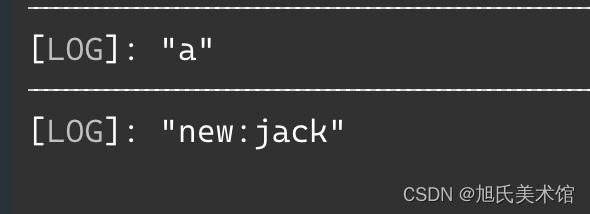
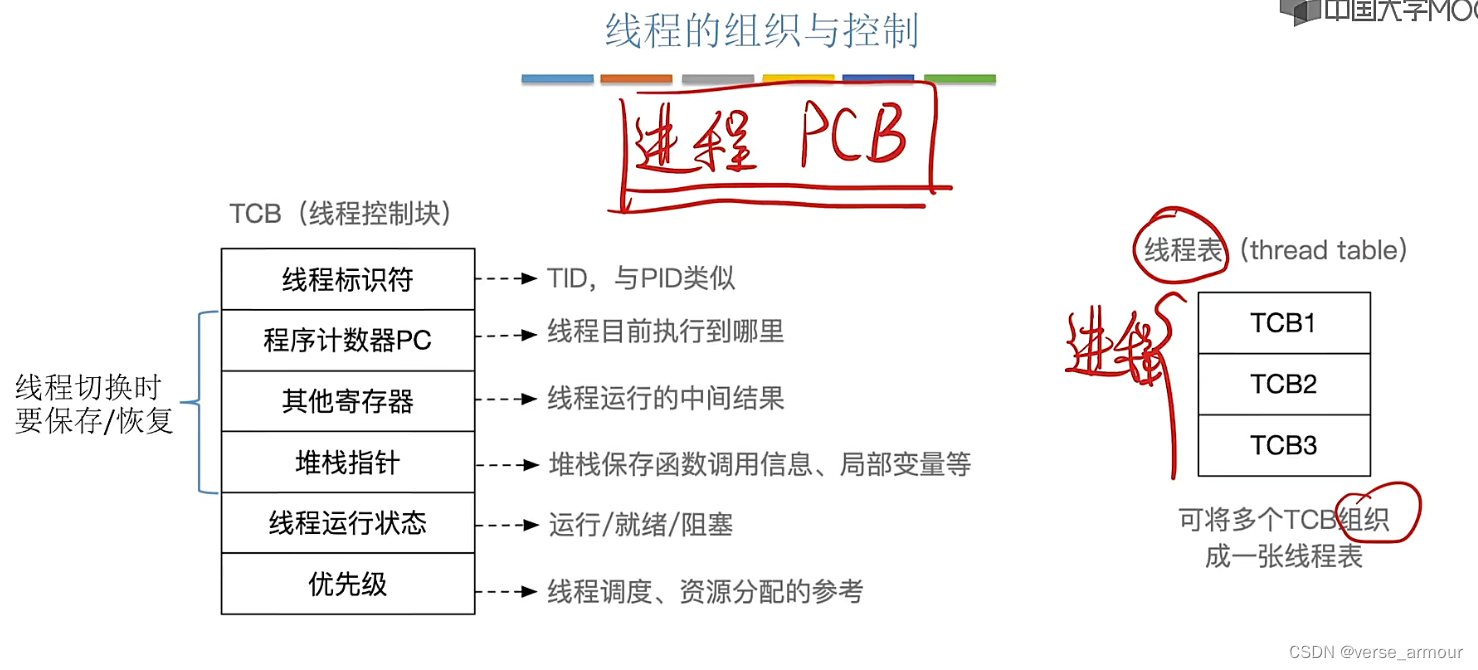
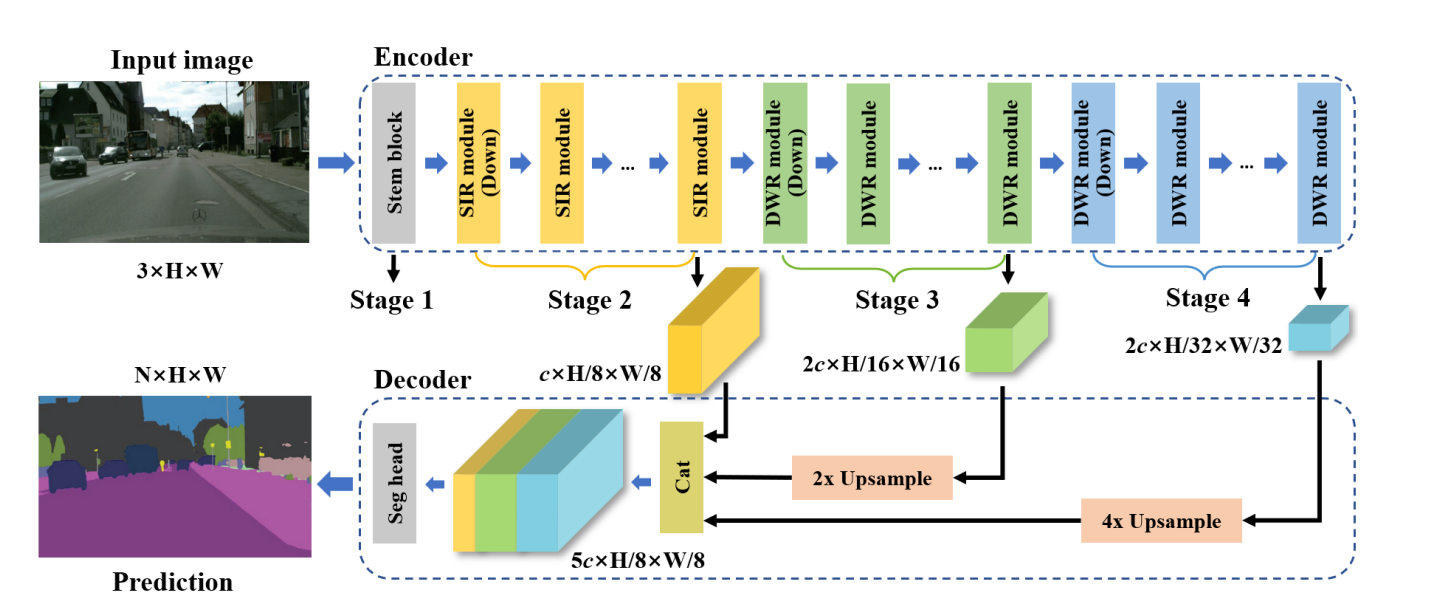
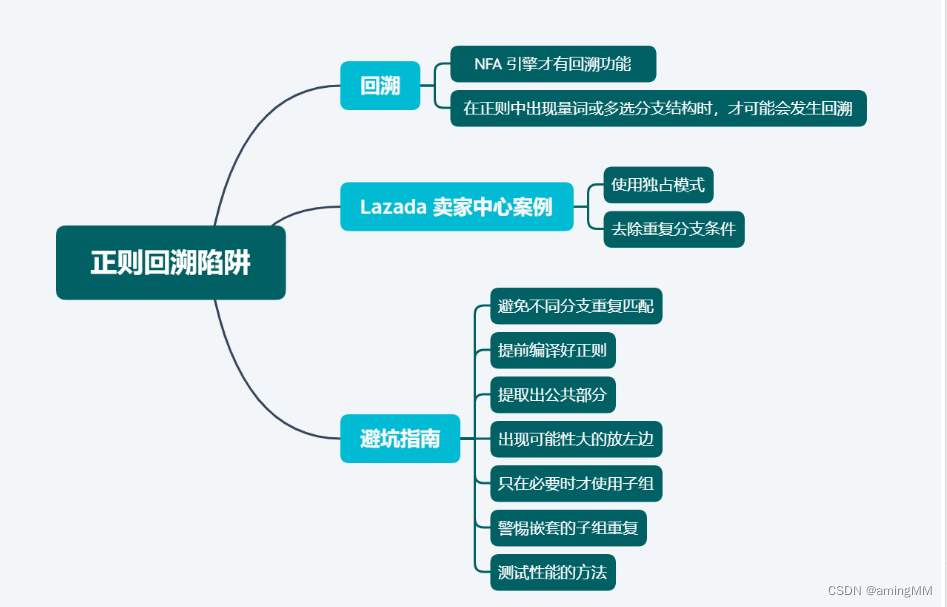
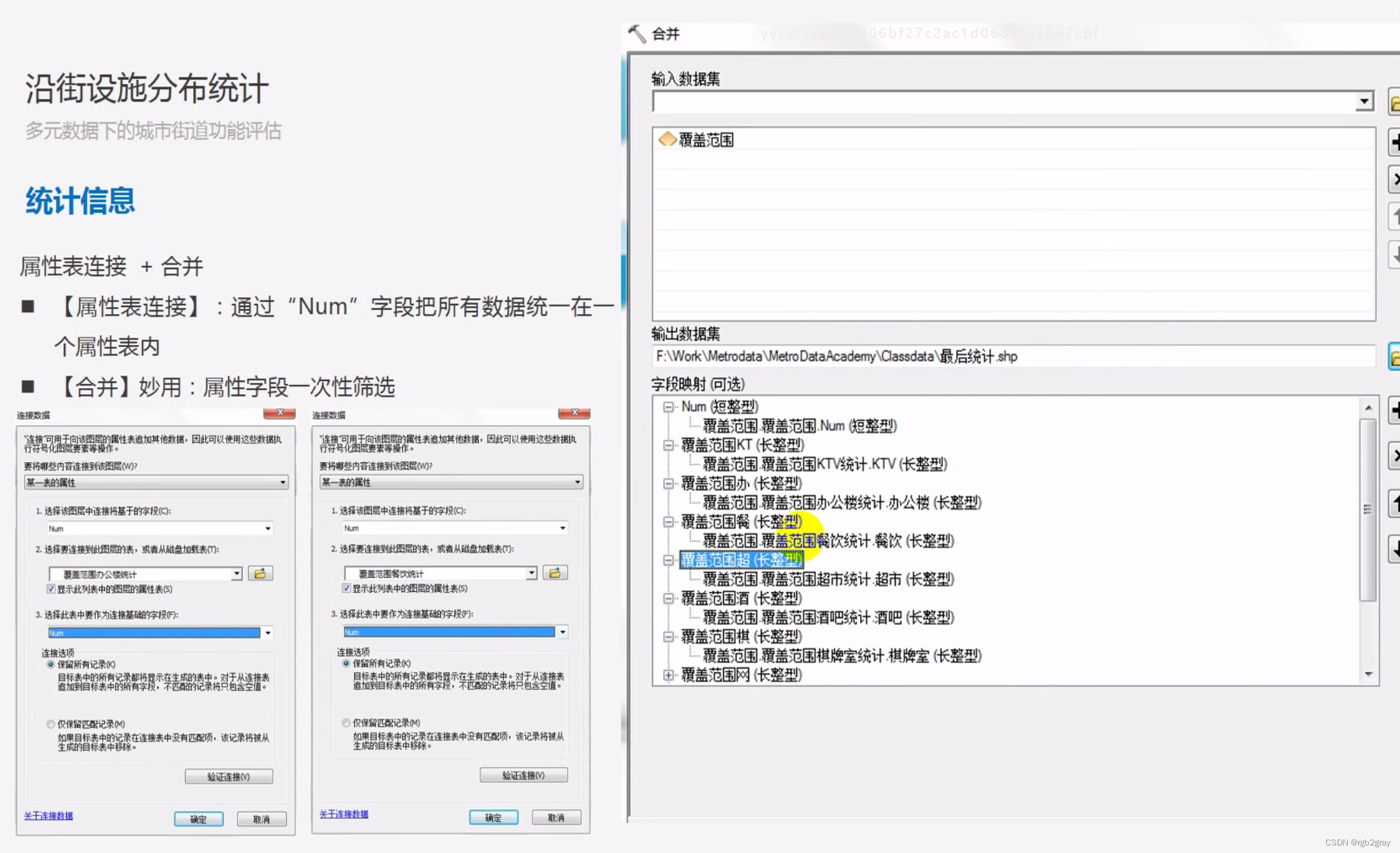
![[Flutter get_cli] 配置 sub_folder:false报错](https://img-blog.csdnimg.cn/direct/b4b8bb363b7b42bc96c6ab4fbffd0d10.png)

